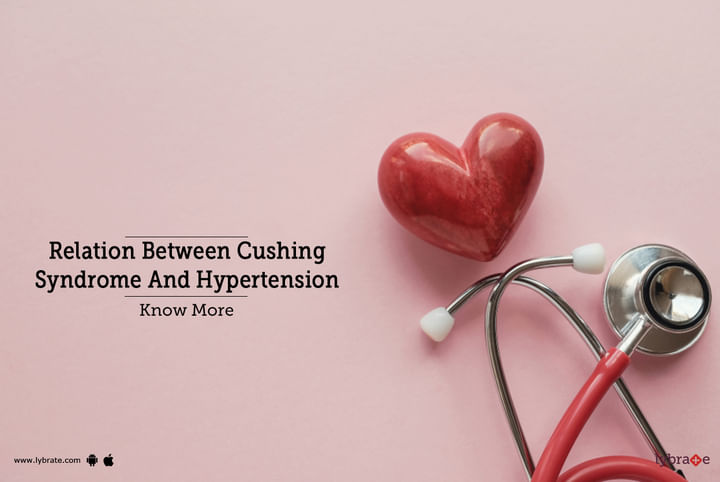Relation Between Cushing Syndrome And Hypertension: Know More
Cushing syndrome occurs due to prolonged exposure to high levels of cortisol hormone. The condition, often referred to as hypercortisolism, affects women – usually between ages 25 and 40 – more than men. Nearly 80% of adults and about 47% of children are diagnosed with Cushing syndrome.
The most common cause of Cushing syndrome is an overproduction of the stress hormone – cortisol – by the adrenal glands. However, it can also result from the overuse of steroid drugs.
If you have Cushing syndrome, you are likely to notice symptoms like muscle weakness, weight gain, a buffalo lump, irregular periods, sleep disorders, high blood glucose, and high blood pressure.
Recent research has claimed to establish a relation between Cushing syndrome and high blood pressure – or what is called hypertension in medical terms.
The Link between Hypertension and Cushing Syndrome
Hypertension refers to high blood pressure that causes the force of blood to raise against the artery walls. A number of conditions can lead to hypertension, such as poor diet and lifestyle, an underlying health issue, stress, pregnancy, and so on.
As your body encounters stress, the adrenal glands produce and release cortisol in the bloodstream. Studies show that producing excess stress hormone can create a host of pathological problems in the body, including hypertension.
Hypertension is a distinguishing feature of endogenous Cushing syndrome. High blood pressure in Cushing syndrome has a significant correlation with the duration of hypercortisolism and results from the interaction between various pathophysiological methods regulating peripheral vascular resistance, cardiac output, and plasma volume – all of which are elevated in this state.
How to Treat the Condition
Cushing syndrome is usually treatable and curable. You will be prescribed to stop using steroid drugs that are likely to increase cortisol levels. If the condition does not improve after treatment, you will have to look for ways to manage the symptoms, especially by monitoring your blood pressure. Team up with your doctor and ask for ways to de-stress yourself.


+1.svg)
